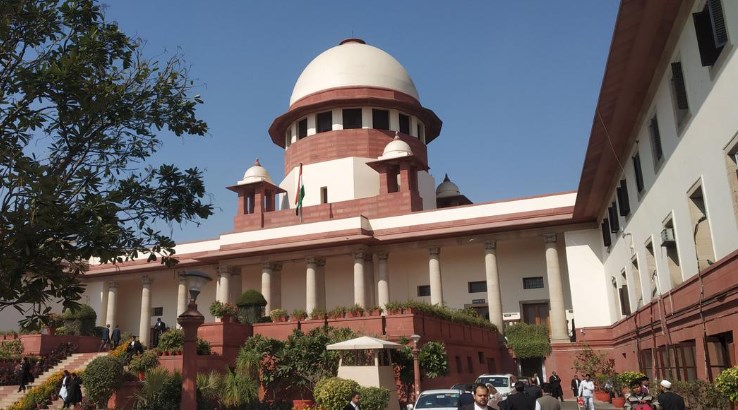The Supreme Court (SC) said on Thursday the Enforcement Directorate (ED cannot arrest an accused under Section 19 of the Prevention of Money Laundering Act (PMLA) after a special court has taken cognisance of the complaint of money laundering, Live Law reported.
A bench of Justices Abhay S Oka and Ujjal Bhuyan said that if the ED wants custody of an accused, then it would have to apply to the special court.
“After cognisance is taken of the offence punishable under Section 4 of the PMLA based on a complaint under Section 44, the ED and its officers are powerless to exercise powers under Section 19 to arrest the person shown as accused in the complaint. If the ED wants custody of the accused who appears after service of summons for conducting further investigation of the same offence, ED will have to seek custody of the accused by applying to the Special Court,” said the bench.”After hearing the accused, the Special Court must pass an order on the application after recording brief reasons. While hearing the application, the Court may permit custody only if it is satisfied that custodial interrogation is required even though the accused was never arrested under Section 19,” it said.
The verdict was delivered in a case addressing whether an accused in a money laundering case has to meet the stringent twin-test for bail, even when the Special Court takes cognisance of the offence.
The Supreme Court, having reserved its judgment on April 30, examined whether an accused, not arrested during the PMLA investigation, would still be subject to the bail conditions upon appearing before the court after the trial court acknowledges the ED complaint and summons the individual.
The Supreme Court also questioned whether the accused could seek bail under the regular provisions of the Code of Criminal Procedure (CrPC) upon appearing pursuant to the summons issued by the special court under the PMLA.
In a hearing, Justice Oka noted that the ED cannot arrest a person once the complaint is filed.
The legal issues presented to the Supreme Court arose from a Punjab and Haryana High Court decision that denied pre-arrest bail to multiple accused in a money laundering case linked to an alleged land scam involving revenue officials.
In January, the Supreme Court granted interim protection to the accused.


